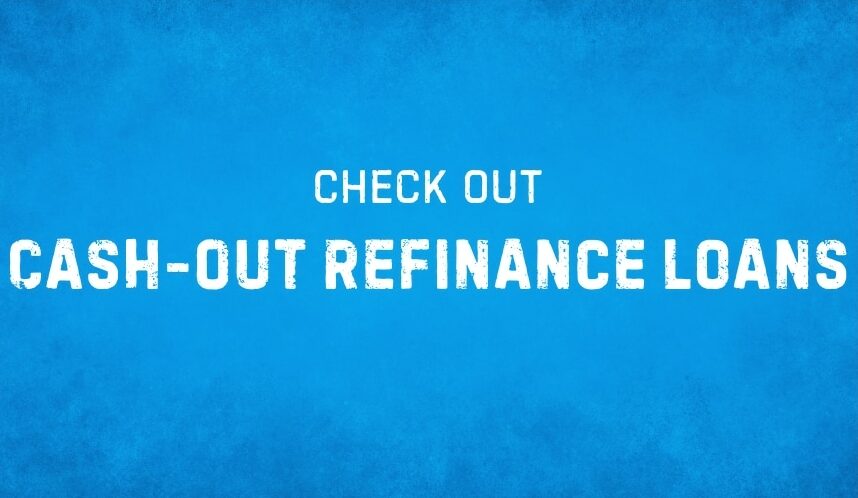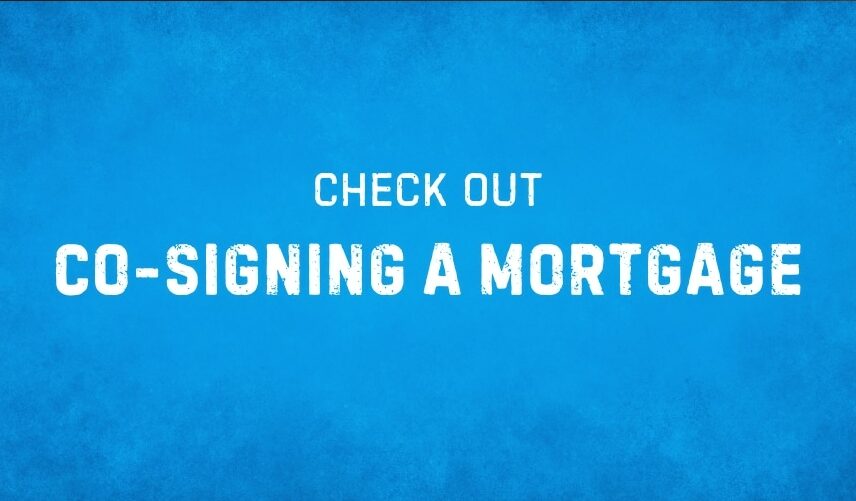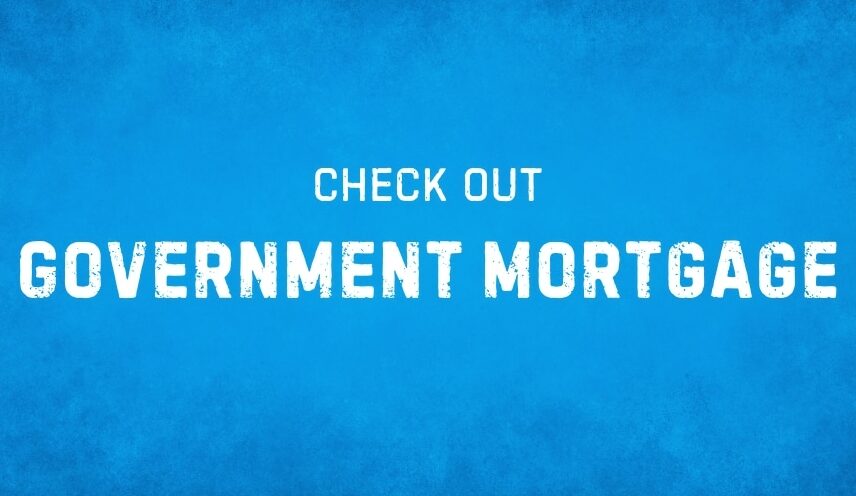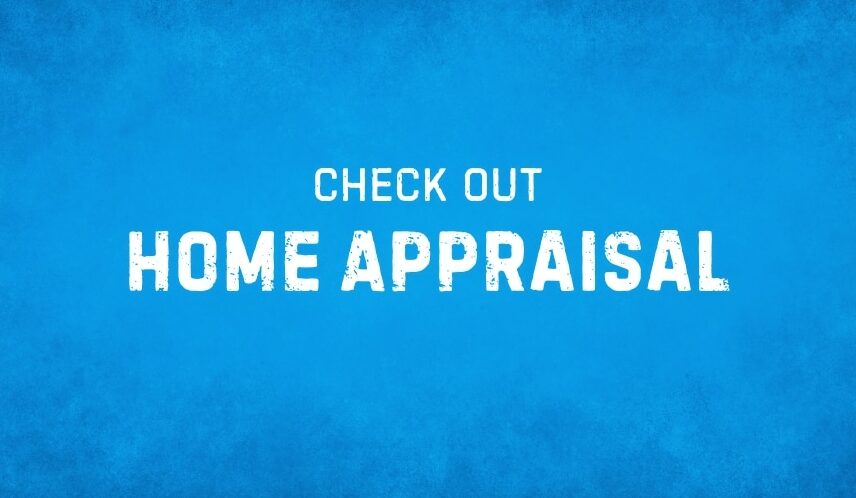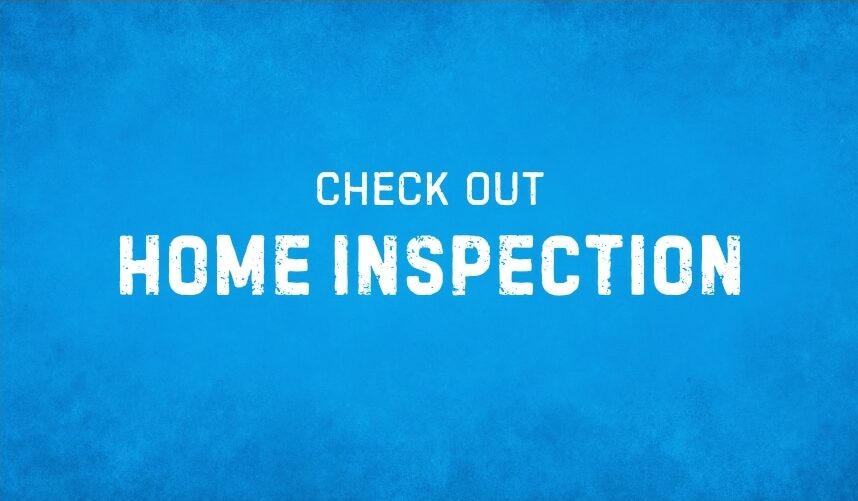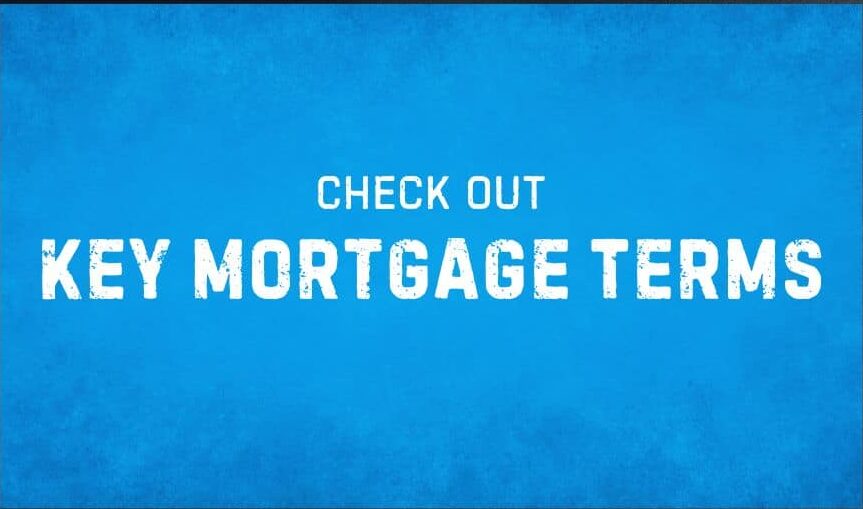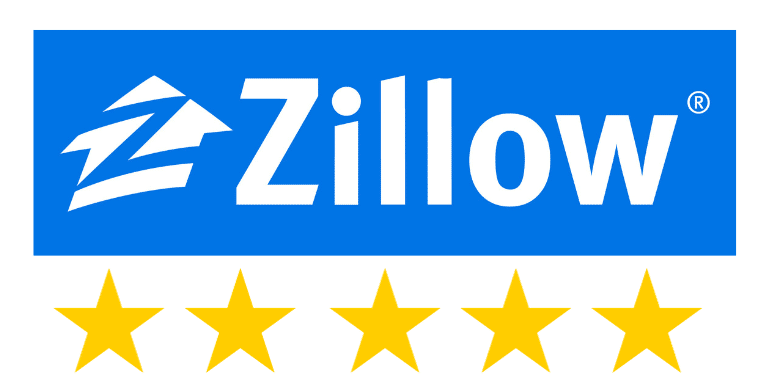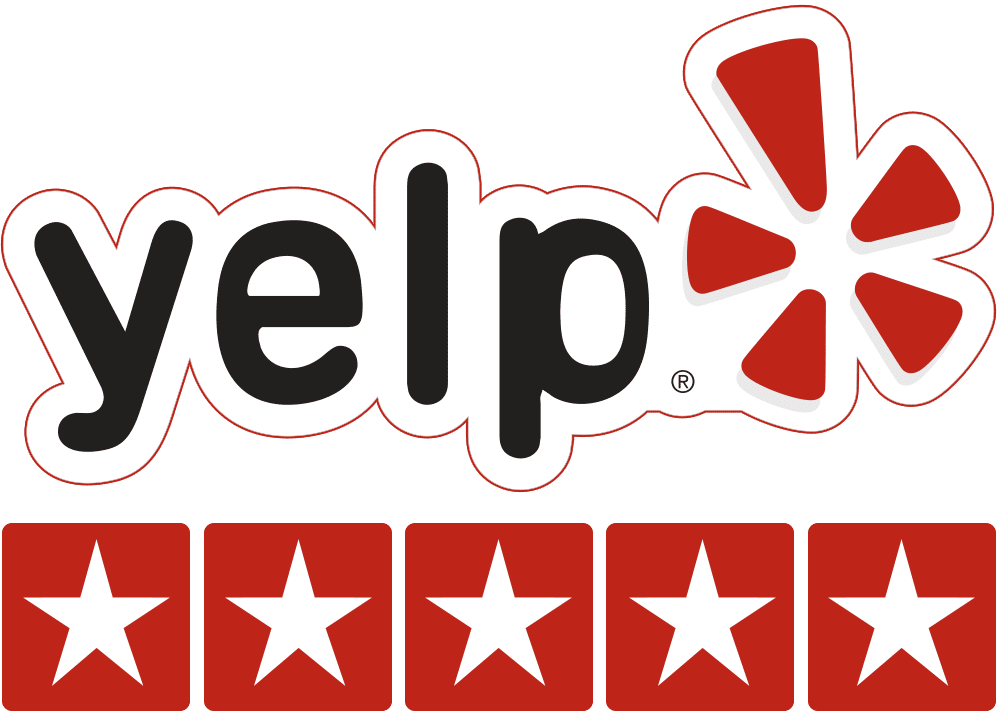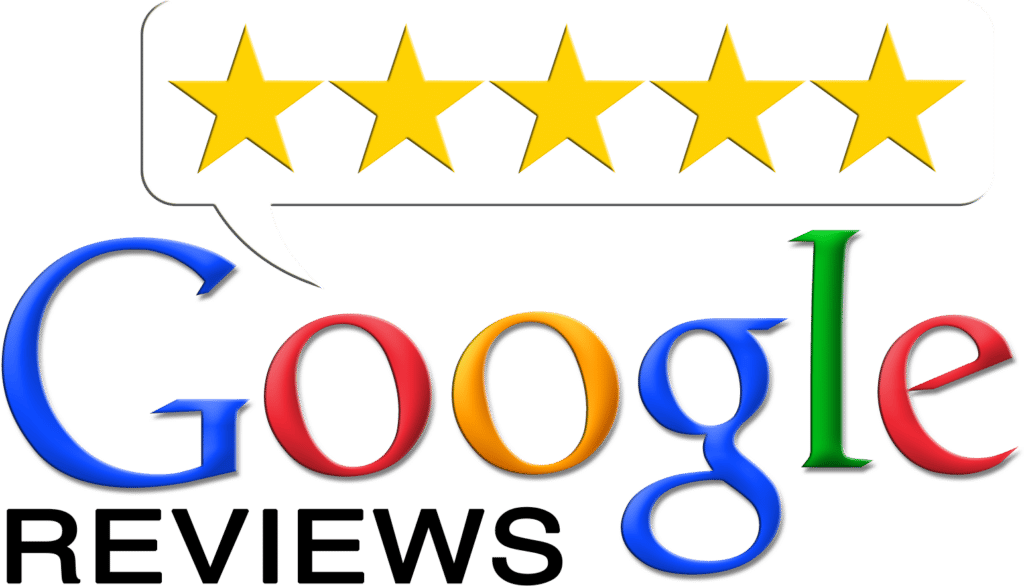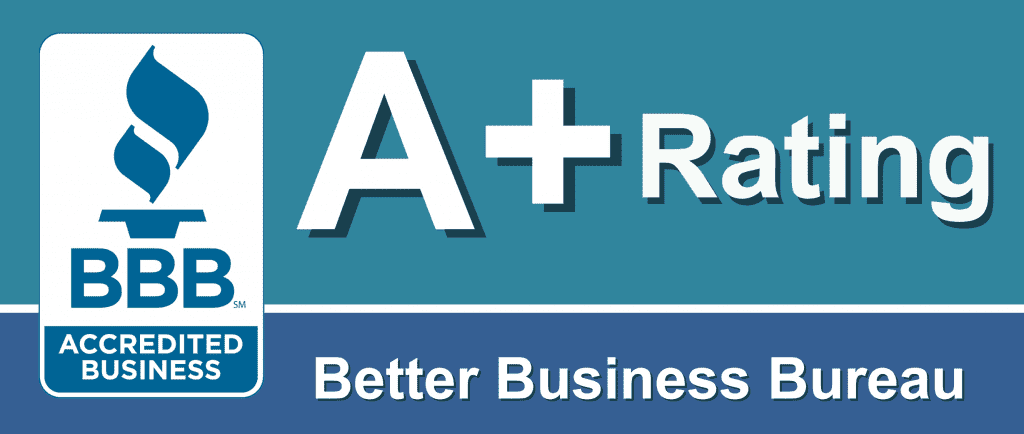
Average Closing Costs In California
Key Topics In This Article: What Are Closing Costs? | Closing Cost Charts | Closing Cost Definitions | Avoiding High-Cost Loans | What Does Zero Points Mean? |
Based on the 2023 home value index for California1, average closing costs in California for home purchase transactions are between $14,338.18 and $35,845.45. This average uses the mortgage industry standard of an average cost range between 2.00% to 5.00% of the purchase price2.
It will be much lower for refinance transactions, and we’ll explain why later in the article.
What Are Closing Costs?
Mortgage closing costs are costs and fees charged by the lender and associated third parties to close your loan. Examples of mortgage closing costs include underwriting, appraisal, escrow, title, and recording.
Either you pay them, the seller pays them, or the lender pays them with a “lender credit,” or it’s a mixture of all three.
Do You have a question or need a quote?
Contact KevinLow rates, fast closings, and exceptional service.
Closing Cost Charts
Below are two closing cost charts. Purchase Closing Costs and Refinance Closing Costs. When you compare the two, you’ll notice a few differences in the costs associated with each transaction.
Purchase Closing Cost Chart
Below is an example of California’s average mortgage closing costs that you may see on a home purchase.
| Refinance Costs | Amount | Can It Be Added To The Loan? |
| Lender Underwriting | $1,100.00 | No |
| Points | $5,735.00 | No |
| Credit Report | $75.00 | No |
| Tax Service | $90.00 | No |
| Flood Certification | $8.00 | No |
| Appraisal | $575.00 | No |
| Home Inspection | $400.00 | No |
| Title, Escrow, and Notary | $4,833.00 | No |
| Prepaid Interest | $2,100.00 | No |
| Transfer Taxes | $420.00 | No |
| Government Recording | $350.00 | No |
This is a general example and is for informational purposes only. Your average closing costs in California might be higher or lower depending on your situation and purchase price. Not all purchase transactions have points.
In some transactions, a homebuyer will receive an appraisal waiver; in that case, you would not incur an appraisal fee. Some homebuyers think lenders require a home inspection; however, that is only true if the appraiser indicates a significant issue with the property in their appraisal report.3
The above does not include setting up an impound account (if you choose to set one up). Also, you’ll notice that none of the closing costs can be added to the loan, which is much different than refinances.
Refinance Closing Cost Chart
Below is a general example of the average mortgage closing costs you may see on a refinance in California.
| Refinance Costs: | Amount | Can It Be Added To The Loan? |
| Lender Underwriting | $1,100.00 | Yes |
| Points | $5,735.00 | Yes |
| Credit Report | $75.00 | Yes |
| Tax Service | $90.00 | Yes |
| Flood Certification | $8.00 | Yes |
| Appraisal | $575.00 | No (you pay the appraiser directly) |
| Title, Escrow, and Notary | $1,325.00 | Yes |
| Prepaid Interest | $2,100.00 | Yes |
| Government Recording | $350.00 | Yes |
This is a general example and is for informational purposes only. Not all refinance transactions have points. Your basic closing costs might be lower or higher, depending on your situation.
For Example
- Appraisals for multi-unit refinance and investment properties cost more than what is listed.
- You may not need an appraisal.
- Some homeowners have an HOA, meaning an HOA certification needs to be completed (approximately $200 charged by the HOA – not the lender).
- You may be paying points and/or origination fees.
Also, remember that the above does not include setting up an impound account (if you choose to set one up). If you would like a more specific breakdown of your situation, please be sure to contact me so we can discuss it further.
See below for a detailed definition of each cost listed.
Why Are Refinance Closing Costs Lower Than Purchase Closing Costs?
Refinance closing costs are lower than purchase closing costs because Title and Escrow fees are lower, and with refinance transactions, you don’t have a Transfer Tax. Title and Escrow fees are higher for purchase transactions because there are two interested parties (buyer and seller) rather than one (homeowner).
Closing Cost Definitions
Here is a simple definition breakdown of each mortgage closing cost listed above and what it means.
Lender Underwriting
Lenders charge a fee to review and process your loan, and this is called “underwriting.” You would be surprised by how much work an underwriter does, and a complete underwrite can take three to four hours.
Points
Points are fees the lender charges to do the loan. There are two types of “points”: a Discount Point and a Loan Origination fee. Some lenders don’t consider a Loan Origination Fee a point; however, they are both fees based on the percentage of the loan amount. So one point equals one percent of the loan amount, and one and a half points equals one and a half percent of the loan amount (so on and so forth).
Credit Report
When you apply for a mortgage, the loan officer obtains a credit report from a credit provider. The report includes your credit scores and history. The credit provider charges a fee for this service, which is passed on to the consumer.
Tax Service
Tax Service is a monitoring service that ensures your property taxes are paid on time.
Flood Certification
A “Flood Cert” is when the lender verifies with FEMA that you are not (or are) in a flood zone.
Home Appraisal
An appraisal is when someone inspects your property and issues a report that states a value. The appraisal report has hundreds of inputs and is usually based on comparing the subject property with other homes in the area (that have sold).
Home Inspection
A home inspection is when a licensed and bonded individual inspects the property to see if there are any issues you should know about. While a home inspector will point out potential problems with the property, they will not fix or repair any broken items.
Title
Title insurance is an insurance policy that protects the lender and the homeowner against legal claims someone might have against the property. There are two main types of title insurance: Lenders and Homeowners.4
When you buy a home, you typically see both policies: one for the lender and one for the homeowner. When you refinance, there is typically only one policy issued: Lenders. The reason is that you are still covered by the policy issued when the property was purchased.
Escrow
Escrow refers to the person (s) acting as an independent agent facilitating the loan’s closing (and, in the case of a purchase, the transfer of the property). The person who is in charge of this is called the Escrow Officer.
Notary
A notary is someone who will handle the actual signing of the loan documents. The person will meet with you and verify your identity. Once the notary has verified your identity, they will have you sign the loan documents and confirm their certification of the signatures for the lender (and all parties involved).
Prepaid Interest
Prepaid interest is the money you pay the lender before your first scheduled payment.5 Let’s say you are closing on March 15th, and your first payment is May 1st.
You owe interest from March 15th until March 31st, which is included in your total closing costs. Why don’t you owe until May 1st? The interest component of your mortgage payment covers the previous thirty days of interest (called “backdated interest.”) So, your May 1st payment covers the interest you owe for April.
Transfer Taxes
When you buy a home, there are taxes that need to be paid, which are called “transfer taxes” since ownership is transferred from one person to another.
Government Recording
The state of California charges fees for the “recording” of your new mortgage.
Do You have a question or need a quote?
Contact KevinLow rates, fast closings, and exceptional service.
Avoiding High-Cost Loans
So how do you avoid being forced into a high-cost loan?
First, when obtaining your quotes, only work with mortgage companies with at least an A rating with the Better Business Bureau to ensure you receive the best possible quotes from reputable companies. And chose an experienced loan officer as well.
Second, if you pay more than 3% of the total loan amount in closing costs (not including prepaid interest and pre-funding your impound account), you’re probably paying too much (especially on a refinance).
So if you have a $300,000 loan amount and your total closing costs (not including prepaid interest and pre-funding your impound account) are $9,000 or more, you’re probably paying too much. Most people would call that a high-cost loan and it’s something you want to avoid.
Think Big Picture When Getting Quotes
As a consumer, I would not get too hung up on the individual labels while you get the initial quotes. Focus more on the “big picture” regarding closing costs. The reasons are simple;
- Some loan officers will not give you the total cost of everything unless you specifically ask, “What are the total costs?”
- When evaluating the average mortgage closing costs you are being quoted, it’s easier to understand the total amount than the long breakdown, which can be confusing for some. It’s also easier to compare your quotes if you have the rate and total amount rather than the rate and a long breakdown.
If the breakdown is included, great, but the most important number is the total closing costs you are paying
It’s not uncommon for loan officers to say there are zero fees, but at closing, your zero-fee loan ends up costing you thousands of dollars, so make sure you get the total.
Watch Out For The Scams
If everyone is quoting a 4.00% – 4.375% interest rate and one of the loan officers you are working with is quoting a 3.625% with the lowest overall fees, that should raise a “red flag” for you.
Mortgage rates and closing costs in California will vary from one lender to the next, but someone significantly lower than everyone else is probably lowballing the quote to get your business.
If it’s too good to be true, it probably is, so, do some additional research on the lender and the loan officer. In the industry, we call lowball quotes “not a close-able loan,” and you’re more often than not being scammed. Reputable companies with a long-established history only quote rates and closing costs that they can deliver to their client.
What Does Zero Points Mean?
Zero points means the mortgage lender is not charging a fee in the form of a discount point or a loan origination Fee.
But you need to be careful! One common practice for loan officers is to claim zero points, but they still might be charging loan origination fees and general junk fees (like an application fee).
One national direct lender quoted a potential client of mine a loan with “zero points” and a low interest rate. When the borrower received the Loan Estimate, he was charged thousands of dollars in loan origination fees even though he thought he was getting a “zero-point” loan.
That’s because many lenders don’t consider loan origination fees points.
A True Zero Point Loan
If you are doing an actual no-point loan on a refinance, your fees for a 300k-500k loan amount should run between 2.5k – 3.5k for underwriting, appraisal, title, recording with the county, and escrow. If you elect to pay points to bring down the interest rate of your loan, then your fees will be higher.
Do You have a question or need a quote?
Contact KevinLow rates, fast closings, and exceptional service.
Bottom Line – Ask Lots Of Questions
When it comes to understanding closing costs, ask lots of questions and keep asking the same ones even if you know the answer. If the loan officer changes their story repeatedly, you might not want to work with that individual. And don’t forget, the most important question to ask is, what are the total fees and costs for the loan?
Let them know that you want to hear about every single possible charge. Some additional questions to ask:
- Is there any loan origination and/or discount points?
- How long will this take?
- When will you lock in the mortgage rate?
- Can the mortgage costs change?
And never pay a fee to see a Loan Estimate or pay a deposit to go towards your closing costs, even if they promise they’ll refund you. While the average closing costs in California may vary from transaction to transaction, by asking the right questions, you will understand what you are paying to close your loan.
Citation Sources:
- California Home Values – Zillow.com
- Closing Costs Explained – ecentralcu.org
- Do Mortgage Lenders Require Home Inspections? – HomeInspectionInsider.com
- What is Title Insurance? – Stewart.com
- Prepaid Interest – Investopedia.com

